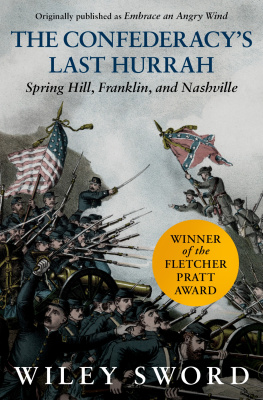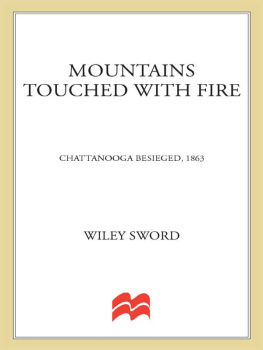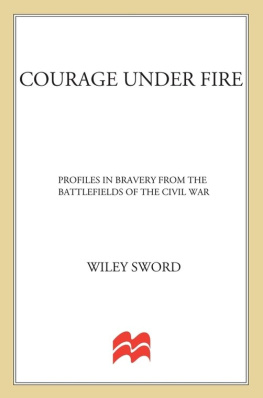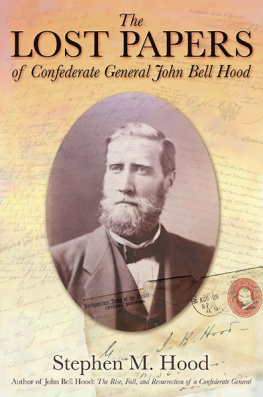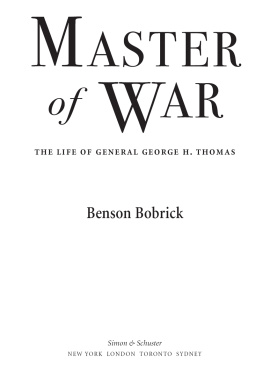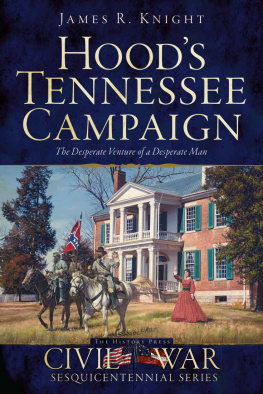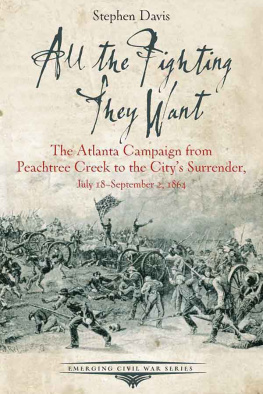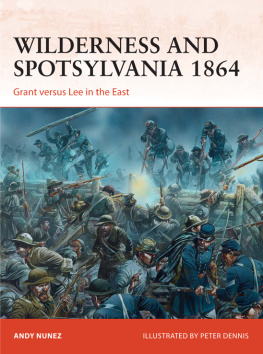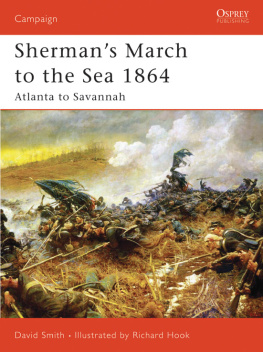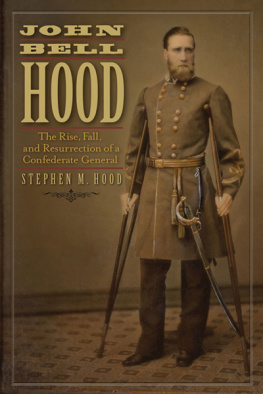
EARLY BIRD BOOKS
FRESH EBOOK DEALS, DELIVERED DAILY
LOVE TO READ ?
LOVE GREAT SALES ?
GET FANTASTIC DEALS ON BESTSELLING EBOOKS
DELIVERED TO YOUR INBOX EVERY DAY!

The Confederacys Last Hurrah
Spring Hill, Franklin, and Nashville
Wiley Sword

In memory of my father,
Winfield E. Sword, 19051985
Within his soul tossed a certain restlessness, like the gathering ripple of a morning breeze across the meadow grasses.
For he endeavored, by climbing that one additional step, to see what was beyondand how far two uncertain legs might carry him.
Despite lifes hard knocks he remained a compassionate man, as beneath that worldly facade he understood our common clay.
He was considerate and giving, knowing that all want of others, if only for understanding.
Although his flesh is gone, his spirit endures. It burns brightly within me, and will remain with my children and in their offspring for time eternal.
CONTENTS
PREFACE
The American Civil War, long recognized as perhaps the nations supreme crisis, endures today in the minds of many, reflecting a fascination that recalls past glory and manliness; it was an adventure of the greatest magnitude. In large measure, the great disunion crisis has been extensively portrayed as a heroic war, the first of the modern and last of the romantic conflicts. It freed the slaves and saved the Union. There was an abundance of brilliant leaders on both sides; Robert E. Lee, Stonewall Jackson, U. S. Grant, and William Tecumseh Sherman are household names, even today. If many of their men fought and died, it was in essence a worthy death, suffered in the cause of liberty or a cherished ideal.
Popular history has a way of obscuring some of mankinds ugliest scars, as a matter of both perspective and proportion.
Perspective reflects little more than the interpretation of reality. Yet perspectives generally vary from reality, because they incorporate attitudes, largely influenced by the extent of our experience and knowledge. Historical proportion is equally difficult to grasp. It involves somewhat of a refined perspective, incorporating balanced judgment, knowledge, and perception.
Today we endure as a society extensive tragedy much as a daily routine. We despair at the death of several hundred persons in the crash of a commercial airliner, or the loss of individuals in a fatal fire or gruesome highway accident. The pages of newspapers are filled with accounts, and countless hours are devoted to investigating, reporting, and explaining these varied disasters. It is entirely proper that much public attention is focused on such incidents, if only to learn from particularly calamitous mistakes. Yet as a matter of proportion all such tragedies pale in comparison with the American Civil War. Then it was not hundreds of casualties that lay stricken on various sites across the nation, it was thousands.
Of the more than 2.5 million men who fought in the Civil War, about 620,000 lost their lives. As statistics, these numbers are so intimidating that the essence of the personal meaning is often missed. Imagine one of our largest football stadiumsthe Rose Bowl, for examplefilled to capacity. If every single person in the crowd represented an American who died in the war, it would take more than six entirely full Rose Bowl Stadiums to hold the extent of our Civil War dead. Or, if each dead American from the Civil War were laid end to end, theoretically they would stretch beyond the distance from Chicago, Illinois, to Atlanta, Georgia.
Yet even these figures are misleading as a full measure of tragedy, for beyond these deaths were the more than 500,000 additional men who were shot but survived, many suffering the amputation of arms or legs. The proportion of tragedy is staggering. It was the costliest war as measured by American deaths in our nations history. In fact, the total of American military deaths from all other wars combined barely exceeds the total of our Civil War dead.
As a matter of perspective, however, these grim statistics are perhaps the less important part of the story. It has been estimated that within the Confederate army the average individual was shot, stricken with disease, or otherwise disabled six times during his term of service. In personal terms, this meant suffering of unprecedented levels. To the common soldier, often in his early twenties with his health at its most vigorous peak, participation in the Civil War was really a continual test of survival. It was an arduous task just to cope with the ongoing challenges of the battlefield, unsanitary camp conditions, and infectious outbreaks of disease. Moreover, due to the difficult communications of the era, these men often endured their ordeal without full public awareness or understanding of their extraordinary plight. Even their own leaders often failed to grasp the personal meaning beyond the military results. That is why many veterans, both blue and gray, who saw and suffered were drawn together after the war in a common bond; only they truly knew what it was like. They were the ones who had paid in pain and torment. This was the hidden side of the war, the personal insight that came only from experience. Try as one might, there was no way to adequately convey in personal terms to another who was not there the full meaning.
At Franklin and Nashville, two of the most devastating personal experiences of the American Civil War, the superficial accounts both contemporary and in later memoir form were inadequate to fully depict one of the most extraordinary and compelling of human experiences. Lost forever was the full experience as witnessed by the participants. Today we can only approximate their ordeal and estimate their emotions. Yet, from a technical perspective, the historian has the advantage of utilizing source material not readily available at the time, and relating the part to the whole in analytical context. What emerges is an approximation of the reality, as carefully reported and crafted with as much verisimilitude as the recorded facts allow. Were any of the veterans alive today to read this account, they would undoubtedly learn of events and incidents which as individual participants they had missed.
Fortunately, the story that emerges today through comprehensive research is quite clear and detailed. It is a powerful tale, one worthy of being remembered as a particularly revealing episode of the sacrifices endured in our nations past. Though long obscured and often overlooked, it is a tragic and important story, one of the most dramatic of the American experience.
In fact, the invasion of Tennessee in the winter of 1864 may have been the dramatic pinnacle of the American Civil War. To draw a historical parallel, the battles of Franklin and Nashville may well represent the Civil War equivalent of the World War II atomic bombing of Hiroshima and Nagasaki. As surely as the nuclear devastation of these two Japanese cities led to the surrender of Japan, the destruction of the Confederate Army of Tennessee became the real basis for the demise of the Southern Confederacy. With the devastating loss of the Confederacys second most formidable army, not only was one of the most vital productive regions of the Deep South stripped of essential military protection, but thereafter an overwhelming concentration of Northern armies was imminent against Robert E. Lees Army of Northern Virginia. The Confederacy had suffered a fatal wound. It was an end to reasonable hope for Southern independence. What had begun as a bold campaign, an invasion to restore a disastrously lost military balance, had instead become an ultimate disaster.

